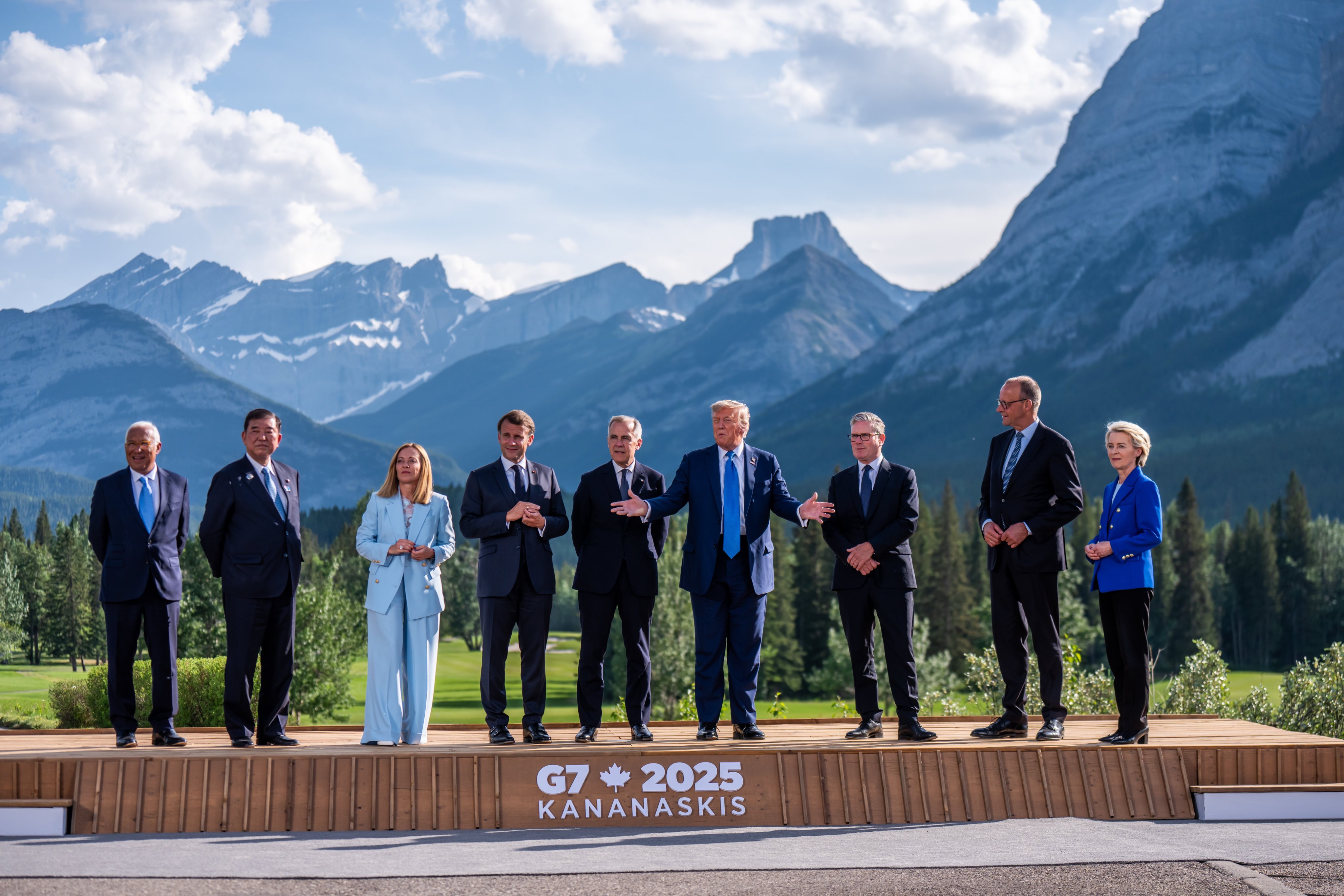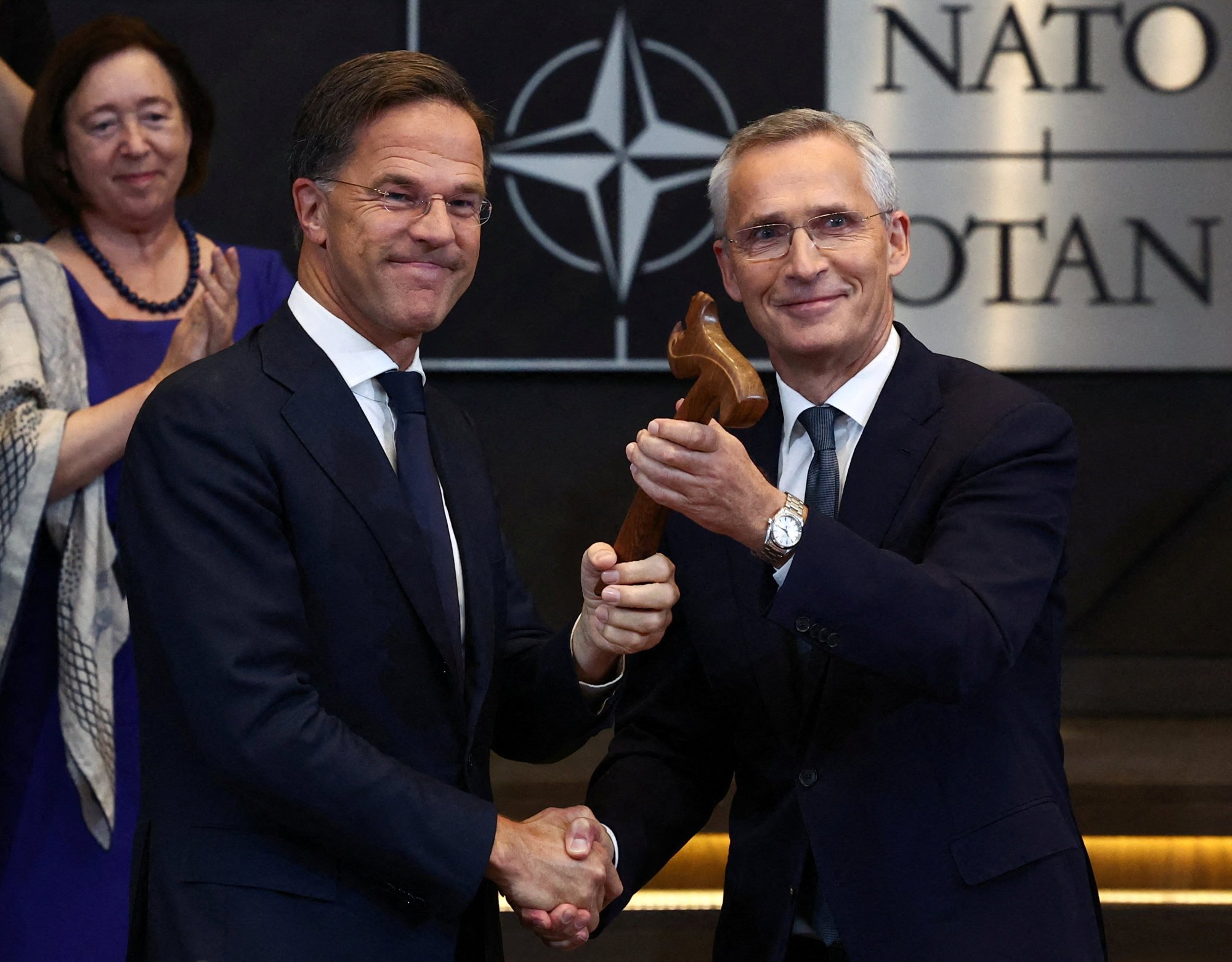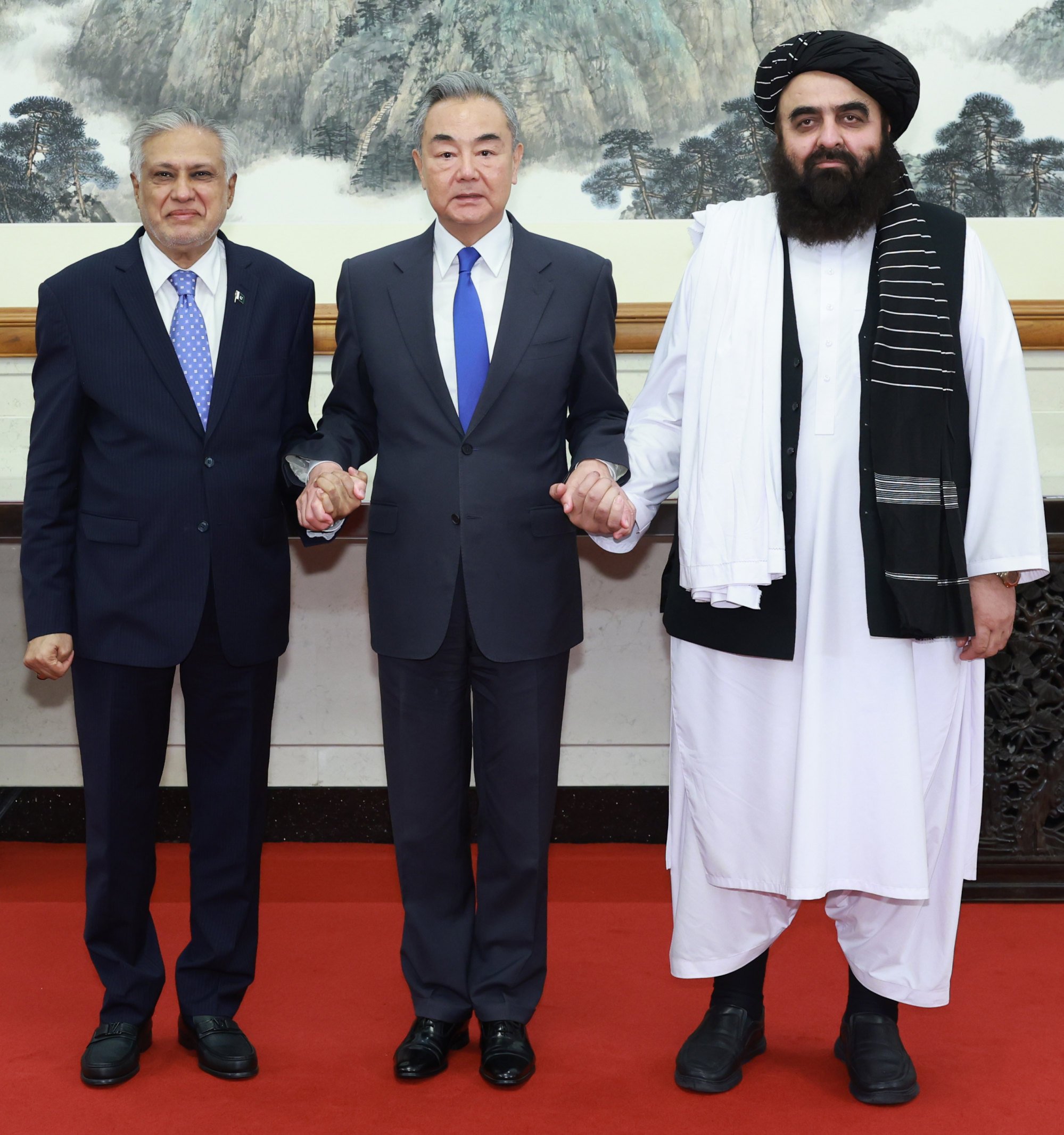Who are these ‘like-minded countries’ politicians are talking about?
Once used to describe ‘the West’, the term has seen expanded usage recently

In recent years, the term “like-minded countries” has often been used as a shorthand to mean the United States and its allies. But lately, the definition appears to have been expanded to include simply those with similar interests – even if they stand at opposing sides of the spectrum.
Used by commentators and academics to describe “the West”, “like-minded countries” refers to states that share similar values such as democracy, human rights, the rule of law and a rules-based international order.
During the Joe Biden administration, Washington frequently invoked the phrase to refer to preferred partners for international collaboration.
These include close allies and partners such as Canada, the United Kingdom, Australia, Japan and South Korea, Nato states which share democratic values and security concerns, as well as important Asia-Pacific partners such as India, the Philippines, Vietnam and Singapore.
“The term is used as a less historically and geographically fraught synonym for the grouping that might otherwise be called ‘the West’,” Lowy Institute’s Melissa Conley Tyler and Megan Vu wrote last year.

Other US allies use the term too. When Nato Secretary General Jens Stoltenberg visited South Korea and Japan in 2023, he called them “like-minded countries”. What unites such nations, according to Nato, is “the systemic challenges” posed by China.
Japan invokes the phrase when it offers defence equipment to the armed forces of countries such as the Philippines, Indonesia and Sri Lanka under its Official Security Assistance.
Similarly, Australia cited “like-mindedness” when it spoke of the need to work with such countries in protecting and developing critical technologies.
India appropriated the term over six years ago when it spelled out the importance of promoting a democratic and rules-based international order, pledging to work with others to “keep our seas, space and airways free and open”.
In February, the Philippines pointed to the necessity of shoring up relations with “like-minded countries” when conducting joint drills with external partners from outside the region, such as France.
However, “like-mindedness” as associated with the liberal western security order – particularly in countering China – has become less clear-cut in recent months.
In this month’s Foreign Affairs commentary, former vice-minister for international affairs at Japan’s Ministry of Economy, Trade and Industry Tatsuya Terazawa said that to mitigate the damage impact of US tariffs, Japan and other like-minded countries would need to take action that did not depend on working with the US.
In an interview with Chinese state media shortly before his first official visit to China this week, Singapore Prime Minister Lawrence Wong stated his country’s intention to work with like-minded countries in upholding free trade and a rules-based trading system.
In supporting more countries’ membership to the Brics group of emerging economies, China said it would welcome “like-minded partners” to the bloc.

In April, Chinese Foreign Minister Wang Yi said China was willing to work with like-minded countries to safeguard multilateralism and oppose protectionism.
Last month, China announced that together with “like-minded countries” from Asia, Africa and Latin America, it had set up the International Organization for Mediation to resolve international disputes.
To be sure, the concept is a loose term, fluid and not pointing to a monolithic group. But there is a clear sign that the securitised and ideological form of “like-mindedness” associated with countering China has given way to a more pragmatic equivalent aimed at working with the Asian giant.
The US and its allies will continue to support working with “like-minded countries” to counter China’s growing strategic, military and technological influence.
However, economic interests and hedging behaviour will mean that many regional countries – even those in Washington’s camp – will increasingly see Beijing as “like-minded”.
This is to guard against what many see as America’s capricious tariffs, inconsistent policies and growing unreliability as a trade partner, which stand in stark contrast to Beijing’s insistence on multilateralism and working through international institutions. It is also to ensure greater development opportunities, trade expansion and the promotion of a more equitable global order.